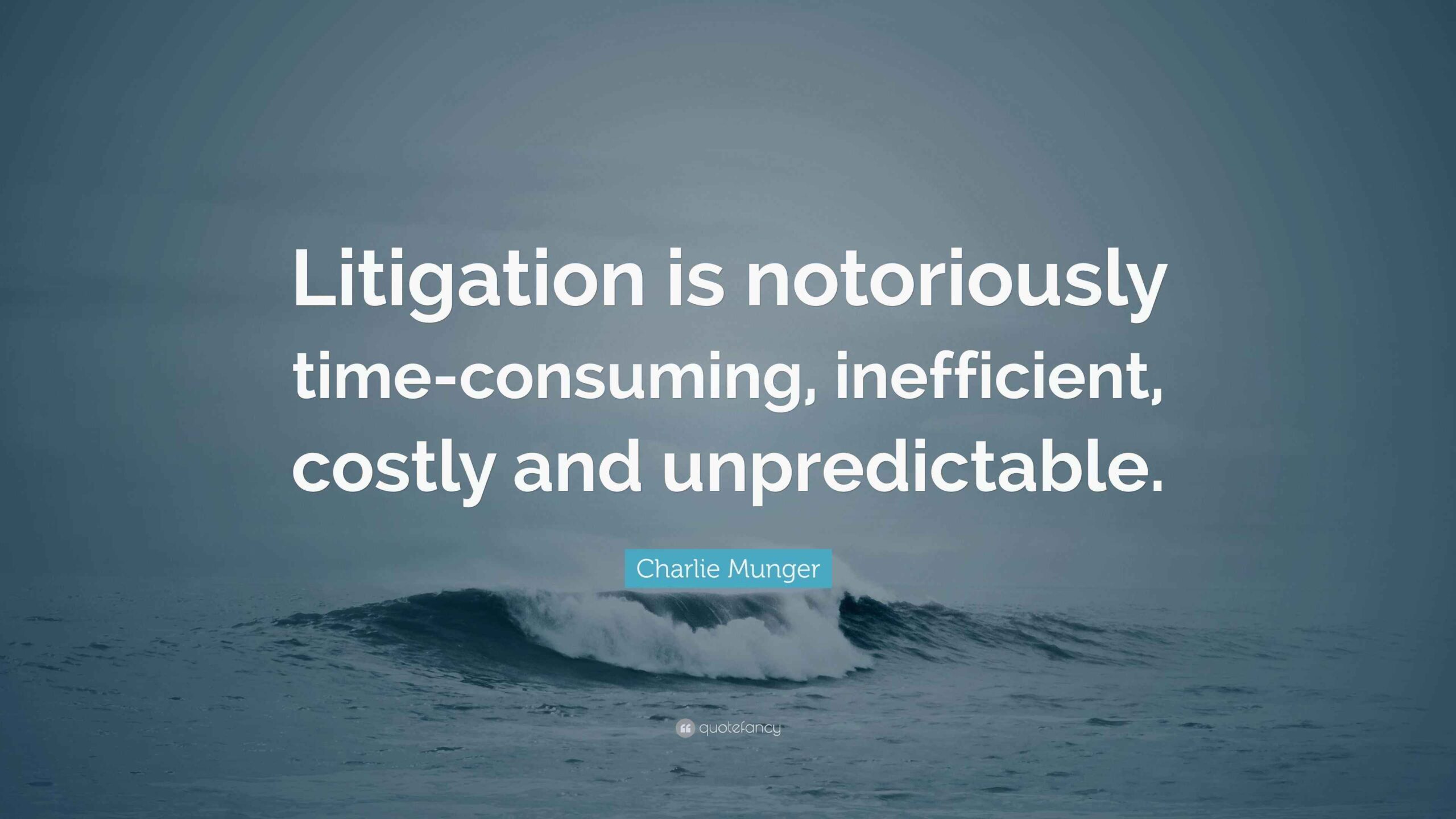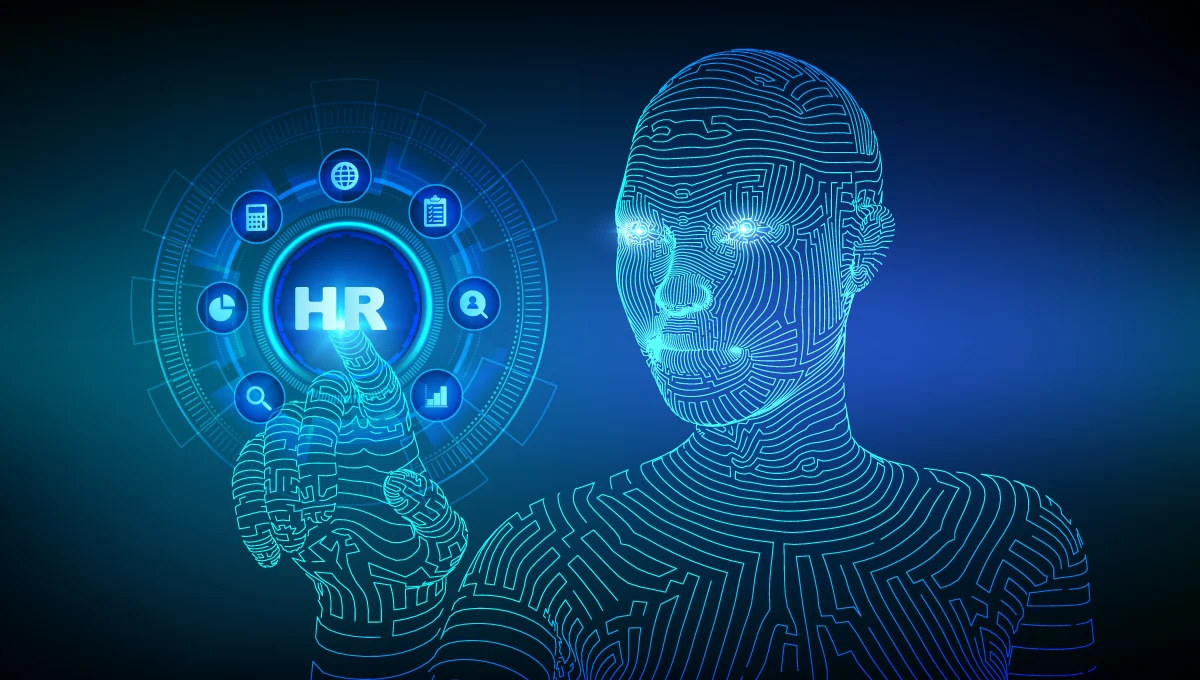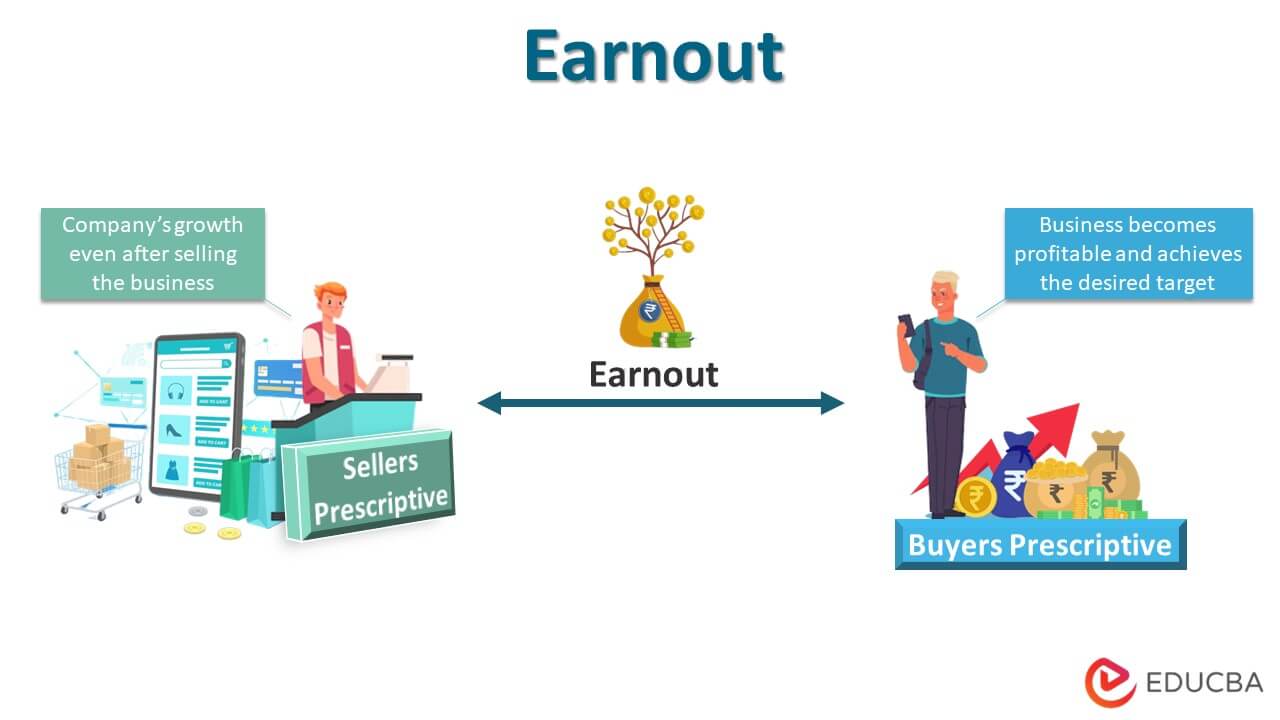It is unsurprising that many people have asked me whether the hotel could be held liable in some way for P. Diddy assaulting Cassie Ventura. After watching the video and having no other information, my initial reaction is that Cassie Ventura does not have a claim against the hotel.
Nothing in the video suggests that the hotel violated its duty to keep Ms. Ventura safe from harm under security measures that were available in 2016. Likewise, I have not seen any evidence that the hotel could have stopped P. Diddy in a timely manner once he started attacking Ms. Ventura. Let’s keep in mind that know far less than 100% of the facts.
2024 presents a different situation. The use of AI in higher level security systems enables hotels to take immediate action if the system “thinks” an assault or other crime is being committed. Such AI software analyzes millions of hours of security footage to “learn” what an assault looks like. Or the AI could “learn” what activity is far outside the bounds of normal behavior. Moreover, major flags (Hyatt, e.g.) have billions of hours of security footage to train AI systems. The AI’s threat level determination would then dictate the appropriate response: sound alarms, alert security teams, and take other measures to help the victims.
However, we must remember that each security system costs money. It is no different than cars—an S-class Mercedes has security features a base model Chevy does not have. The public accepts this fact because there is a base level of security mandated by the U.S. Department of Transportation. Similarly, the public expects a hotel with a REVPAR of $600 to be “better” than a hotel with a REVPAR of $140.
Many questions that are already being asked will move to the forefront of security conversations:
- When will the use of AI become the norm for a majority of hotels?
- Are insurance companies requiring the use of AI in certain levels of hotels? If so, where is the line being drawn?
- Will AirBNB and similar companies be required to use AI to protect their guests?
- How would AirBNB mandates affect others in the residential rental market?
All of these questions were being analyzed, debated, lobbied, and otherwise scrutinized before this grotesque video was seen by the world. All stakeholders—especially guests—need to ensure their voices are being heard for the benefit of everyone in the industry.
David Seidman is the principal and founder of Seidman Law Group, LLC. He serves as outside general counsel for companies, which requires him to consider a diverse range of corporate, dispute resolution and avoidance, contract drafting and negotiation, and other issues. In particular, he has a significant amount of experience in hospitality law by representing third party management companies, owners, and developers.
He can be reached at david@seidmanlawgroup.com or 312-399-7390.
This blog post is not legal advice. Please consult an experienced attorney to assist with your legal issues.














